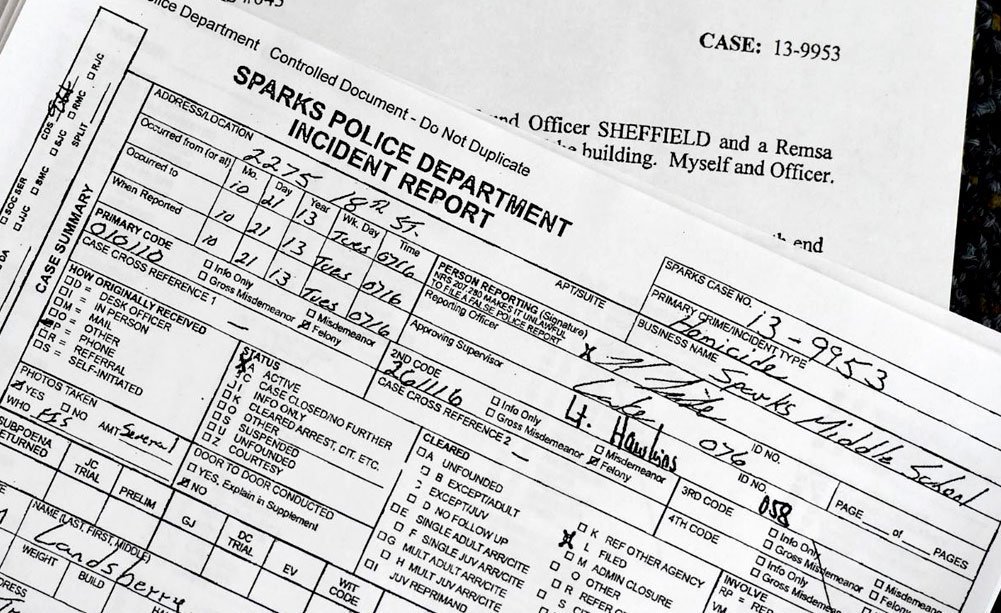What Does LEO Mean Police?
Behind the Badge: Decoding 'LEO' in Law Enforcement Lingo
In the intricate tapestry of police jargon and terminology, acronyms and abbreviations are par for the course.
Whether you're an aspiring law enforcement professional, a writer diving into police procedurals, or just curious, understanding these terms can offer valuable insight into the world of policing.
One such acronym that stands out is "LEO." In this guide, we'll delve deep into what LEO stands for, its significance, and related subjects that might pique your interest.
Short Answer:
Q: What does LEO mean police?
A: "LEO" stands for Law Enforcement Officer.
This general term encompasses professionals involved in enforcing laws, from local police officers to state troopers and federal agents.
It's a unifying term used across jurisdictions to refer to those dedicated to upholding the law and ensuring public safety.
Despite various roles under the LEO umbrella, all are bound by a commitment to protect and serve their communities.
Related Questions
-
LEO stands for Law Enforcement Officer.
-
LEO standardizes terminology, making communication more efficient across different jurisdictions and even countries.
-
No, LEO is a broad term that includes local police officers, state troopers, sheriffs, deputy sheriffs, and federal agents.
What does LEO mean?
"LEO" is an acronym for Law Enforcement Officer. This term encompasses anyone who is involved in the enforcement of laws, from local police officers to state troopers and federal agents. While often used interchangeably with terms like "cop" or "police officer," LEO is a more general term that can apply to a broader range of professionals in the field.
The Origin of the Term
The use of acronyms in the law enforcement community isn't just a matter of convenience. It often serves the purpose of standardizing terminology and making communication more efficient, especially in high-pressure situations where clarity and speed are essential. The term "LEO" has been in use for several decades, allowing officers from different jurisdictions or even different countries to have a common understanding of roles.
Diversity within the LEO Umbrella
Under the broad umbrella of "LEO", there are numerous roles and responsibilities. Some of the most common roles include:
Local Police Officers: Serve in towns, cities, and municipalities. Their primary role is to protect their communities and enforce local ordinances and state laws.
Sheriffs and Deputy Sheriffs: Usually operate at the county level. While their responsibilities can be similar to local police officers, they also operate county jails and may have jurisdiction over rural areas without a local police force.
State Troopers/Highway Patrol: Enforce state laws and are often responsible for highways and other state-owned properties. They can also assist local law enforcement agencies during emergencies or when additional resources are needed.
Federal Agents: Operate under the federal government and each agency has its specific jurisdiction. For instance, the FBI investigates federal crimes, the DEA handles drug-related crimes, and ICE deals with immigration and customs enforcement.
The Role of a LEO
Regardless of their specific title or jurisdiction, all LEOs have the fundamental duty to protect and serve their communities. This can involve:
Responding to emergency calls.
Patrolling neighborhoods and highways.
Investigating crimes and gathering evidence.
Arresting suspects.
Testifying in court.
Engaging with the community through outreach programs.
Training to Become a LEO
Becoming a law enforcement officer requires rigorous training. Most agencies require officers to attend a police academy, which covers:
Physical fitness training.
Firearms and weapons training.
Criminal law and procedure.
Ethics and community relations.
Crisis management and conflict resolution.
Challenges Faced by LEOs
The life of a LEO isn't just about chasing bad guys. Officers often face challenges, including:
The physical and emotional toll of the job.
The inherent danger of confronting criminals.
Balancing work-life demands.
Public scrutiny and the evolving perception of law enforcement in society.
The Brotherhood and Sisterhood of LEOs
Despite the challenges, many LEOs describe their colleagues as a second family. The shared experiences, from daily challenges to life-threatening situations, create a bond that's hard to break. Many agencies and organizations also offer support networks for officers, fostering camaraderie and mutual support.
In Conclusion
The acronym "LEO" is more than just shorthand for Law Enforcement Officer. It represents a vast, diverse community of professionals dedicated to upholding the law and ensuring public safety. Their roles might vary, but their commitment remains a common thread. As society continues to evolve, so will the roles and challenges faced by LEOs, making it all the more important to understand and appreciate their contributions.











Inside the Investigation: A Deeper Dive into Police Detective Benefits